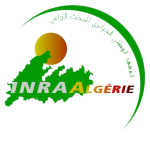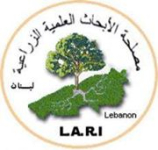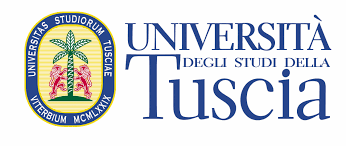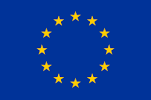ABOUT US




In the last few decades, dietary habits of low- and middle-income countries have shifted away from local, traditional foods and towards an increasing consumption of fast foods rich in sugar and fat and low in essential nutrients. This is creating an increasing occurrence of non-communicable diseases such as diabetes and cardiovascular disease in these countries. The promotion of healthier diets such as the Mediterranean Diet, which includes the consumption of traditional foods like whole grains, has been identified as a potential solution.
MEDWHEALTH proposes to develop durum wheat-derived products typical of the Mediterranean Diet with improved nutritional value.
For more information please visit full project website

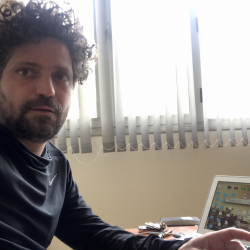


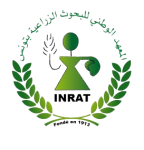
.jpg)
